Author: Jason Barney
-
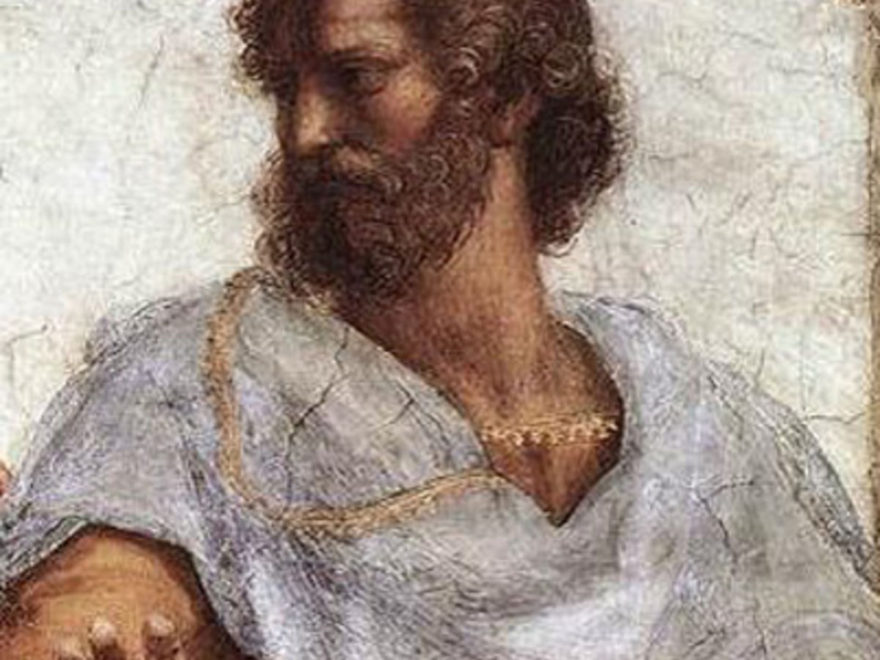
Excellence Comes by Habit: Aristotle on Moral Virtue
All too often we are inclined to think of excellence as the product of good genes and good fortune rather than our personal habits. The fates bestow their blessings indiscriminately and haphazardly, and the talented and successful are the lucky recipients of excellence, while the rest of us are mired in mediocrity. Those who rise…
-

Jesus the Ideal Learner: Priestly Lessons for Education
In a previous article on Jesus’ student-teacher relationship with John the Baptist, we mentioned that there is so much that can be learned about education from Jesus’ example. The mystery of the incarnation is packed with significance for the process of learning, human maturation and discipleship. As it says in Hebrews, “Although he was a…
-
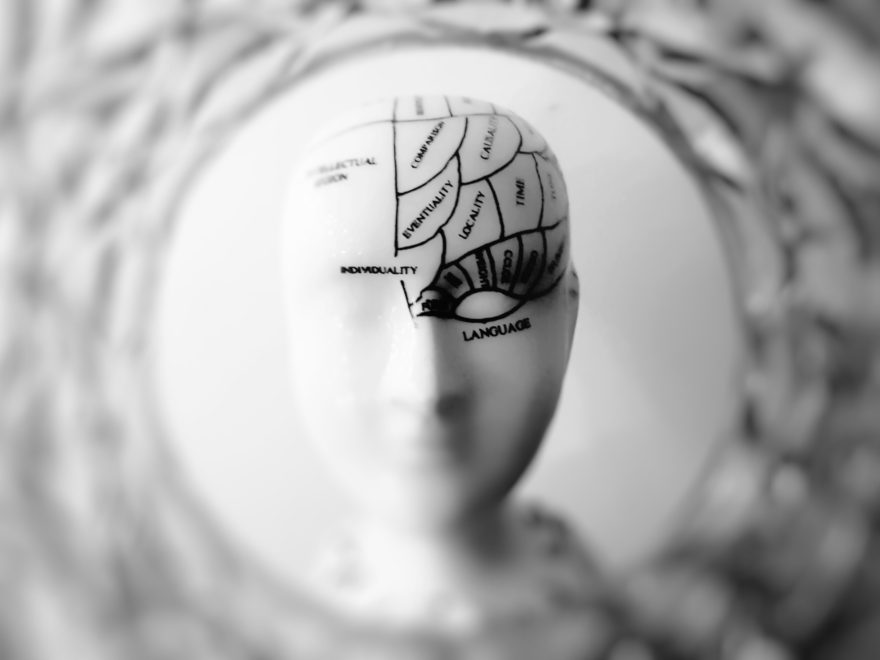
Educating for Self-control, Part 2: The Link Between Attention and Willpower
In my last post on educating for self-control, I laid out a Christian case for the importance of self-control from the New Testament, citing Paul’s famous fruit of the Spirit and Peter’s not-as-famous virtue list in the first chapter of 2 Peter. Then we delved into the roots of self-control as a concept deriving from…
-
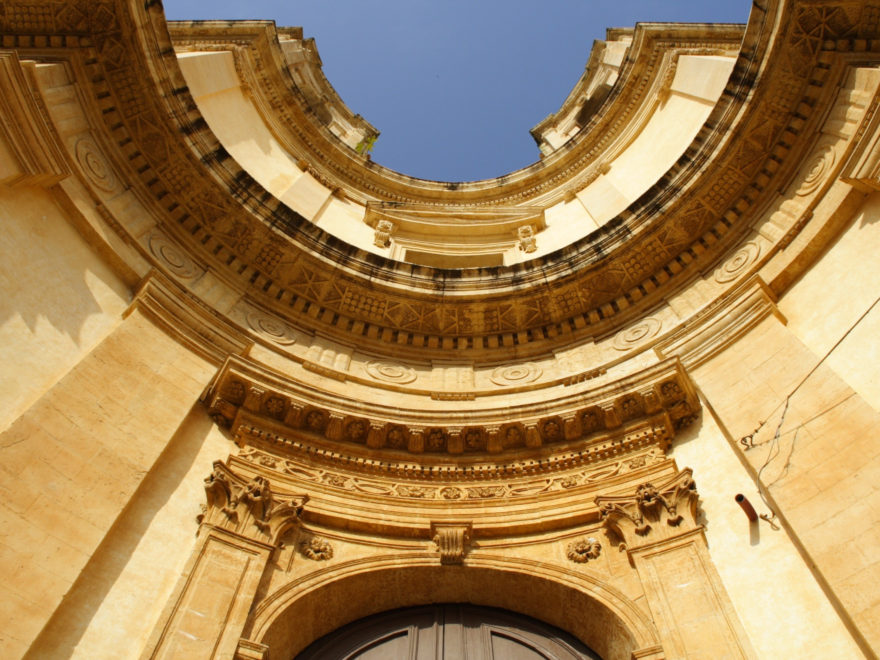
Educating for Self-control, Part 1: A Lost Christian Virtue
If there’s any virtue that Christians need, especially in contemporary society, it’s self-control. We have available to us more seductive entertainment, more well-advertised temptations and even more innocent pleasures (like unhealthy foods, which end up being not so innocent in the long run…), than any other people at any time in the history of the…
-

Practicing Education: Growing in the Art of Teaching
When I was a child I did gymnastics, and one of the most fundamental aspects of gymnastics is practice. We practiced skills and routines, we stretched and we worked out for hours, far longer than the average sports team practices. Where your average soccer team practiced an hour or an hour and a half a…
-

The Importance of Deep Reading in Education
Deep reading is the type of reading that involves one’s undivided attention in a sustained manner to tackle a long-form book, like a novel. The feeling cultivated by deep reading is that of being lost in a book, taken to new worlds, enraptured by an alien train of thought. While many educators still feel that the…
-

The Role of Ideas in Education
Ever the provocateur, Charlotte Mason, the late 19th century British educator, raised the question of the role of ideas in education. After mentioning the importance of ideas in both common life (“I have an idea!”) and the history of philosophy, she castigates the educational establishment of her day for neglecting ideas: “There is but one…
-
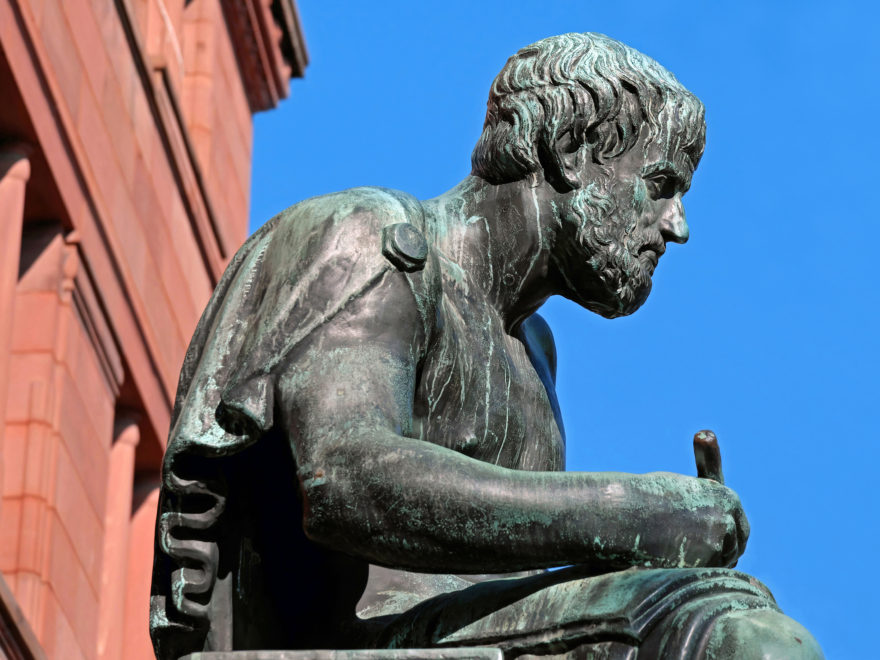
Aristotle and the Growth Mindset
Whether you’ve been involved in the world of education, sports, self-help or business, it’s likely that you’ve heard of Carol Dweck’s growth mindset. A Stanford University psychologist, Carol Dweck popularized her findings about how much success in any endeavor depends on a person’s mindset. In her book Mindset: The New Psychology of Success, she explains…
-
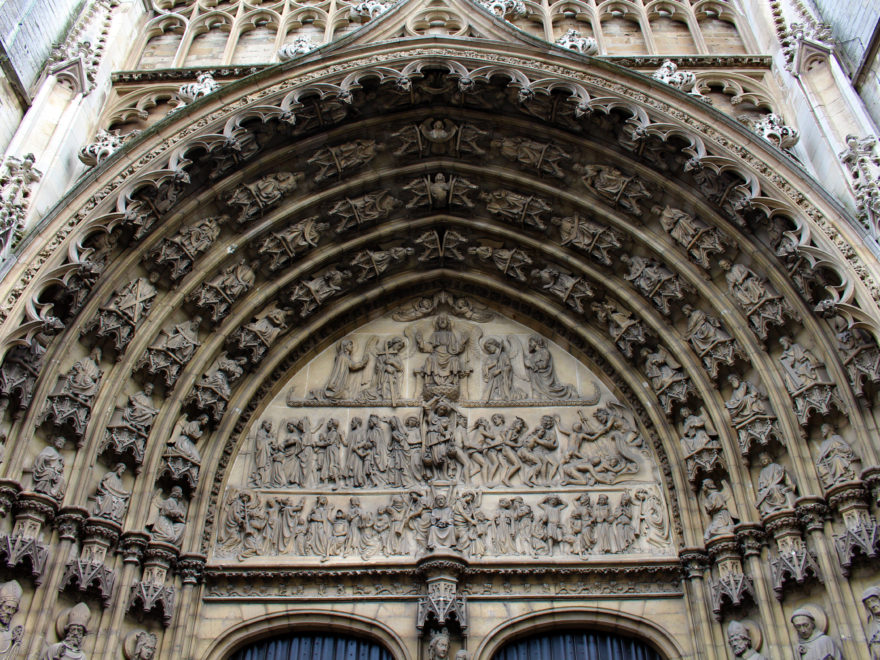
Review of The Liberal Arts Tradition by Kevin Clark and Ravi Jain
Kevin Clark and Ravi Scott Jain. The Liberal Arts Tradition: A Philosophy of Christian Classical Education. Classical Academic Press, 2013. In The Liberal Arts Tradition Kevin Clark and Ravi Jain endeavor to set the record straight about what made up the course of study in the classical tradition of education. As two longtime friends and…
-
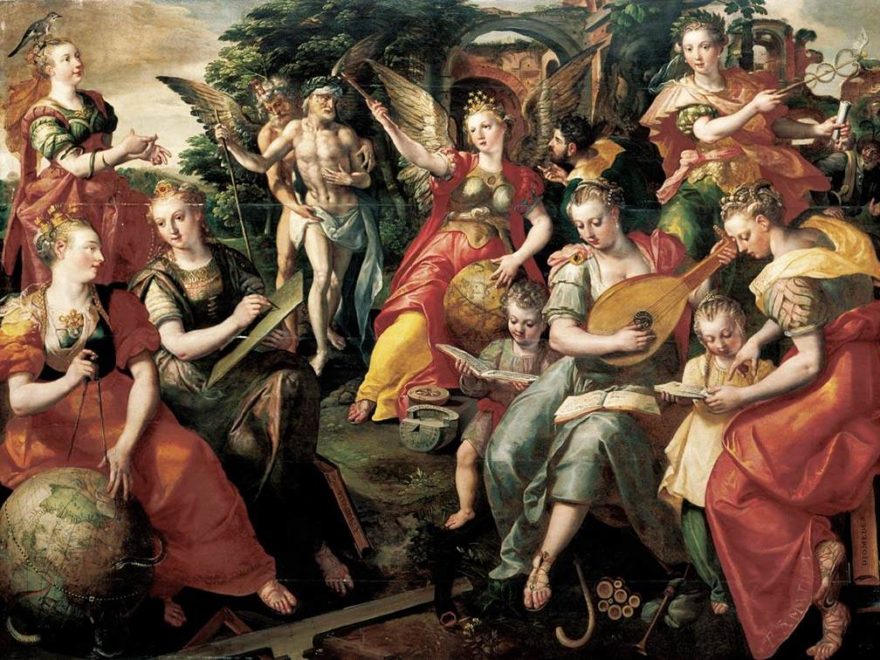
The Classical Distinction Between the Liberal Arts and Sciences
One of the encouraging recent developments in education is the recovery of the classical educational tradition of the liberal arts and sciences amongst Christian classical schools. Of course, we’re already laboring upstream, since to most people the term ‘liberal arts’ simply refers to general studies or the humanities. However, even the Christian classical school movement…
